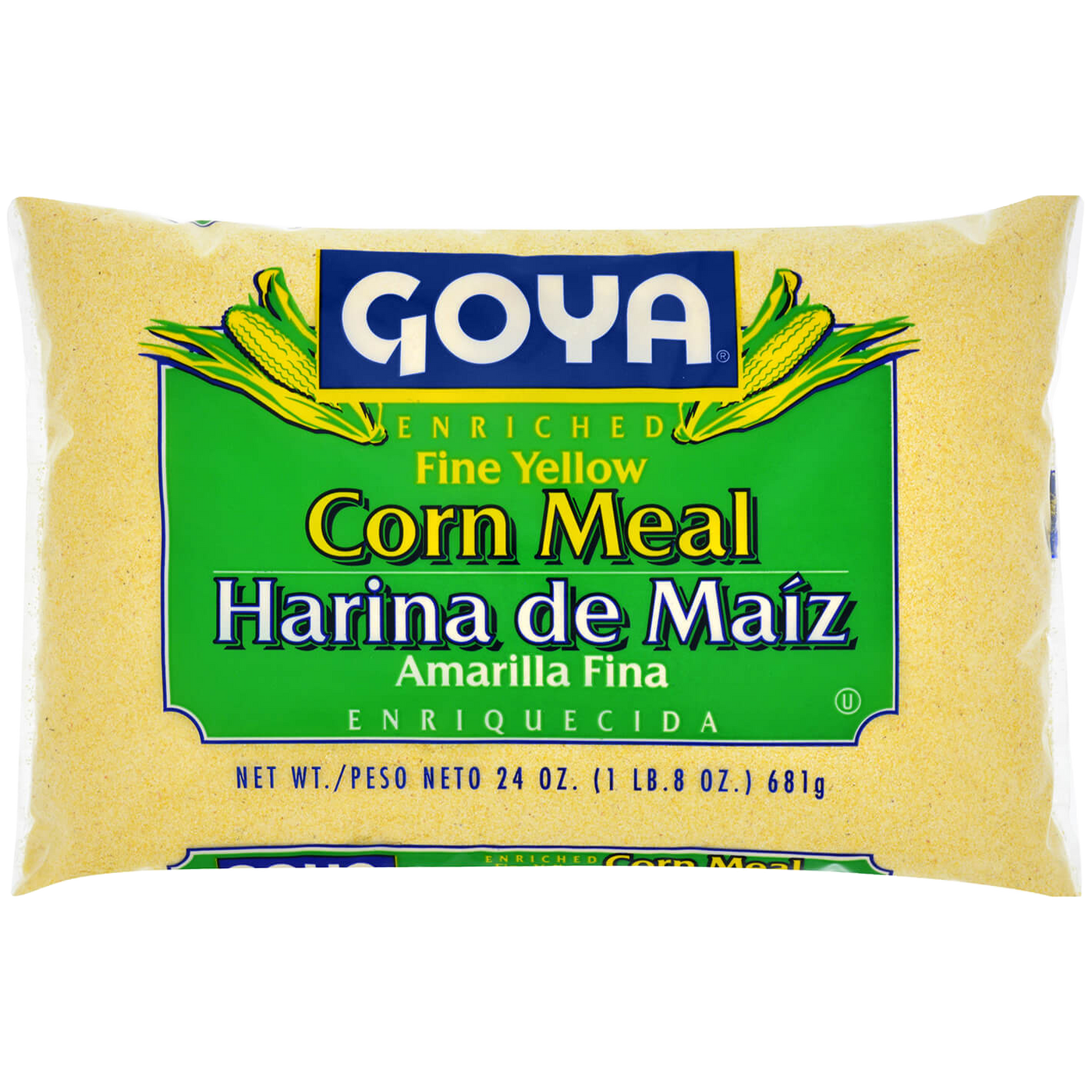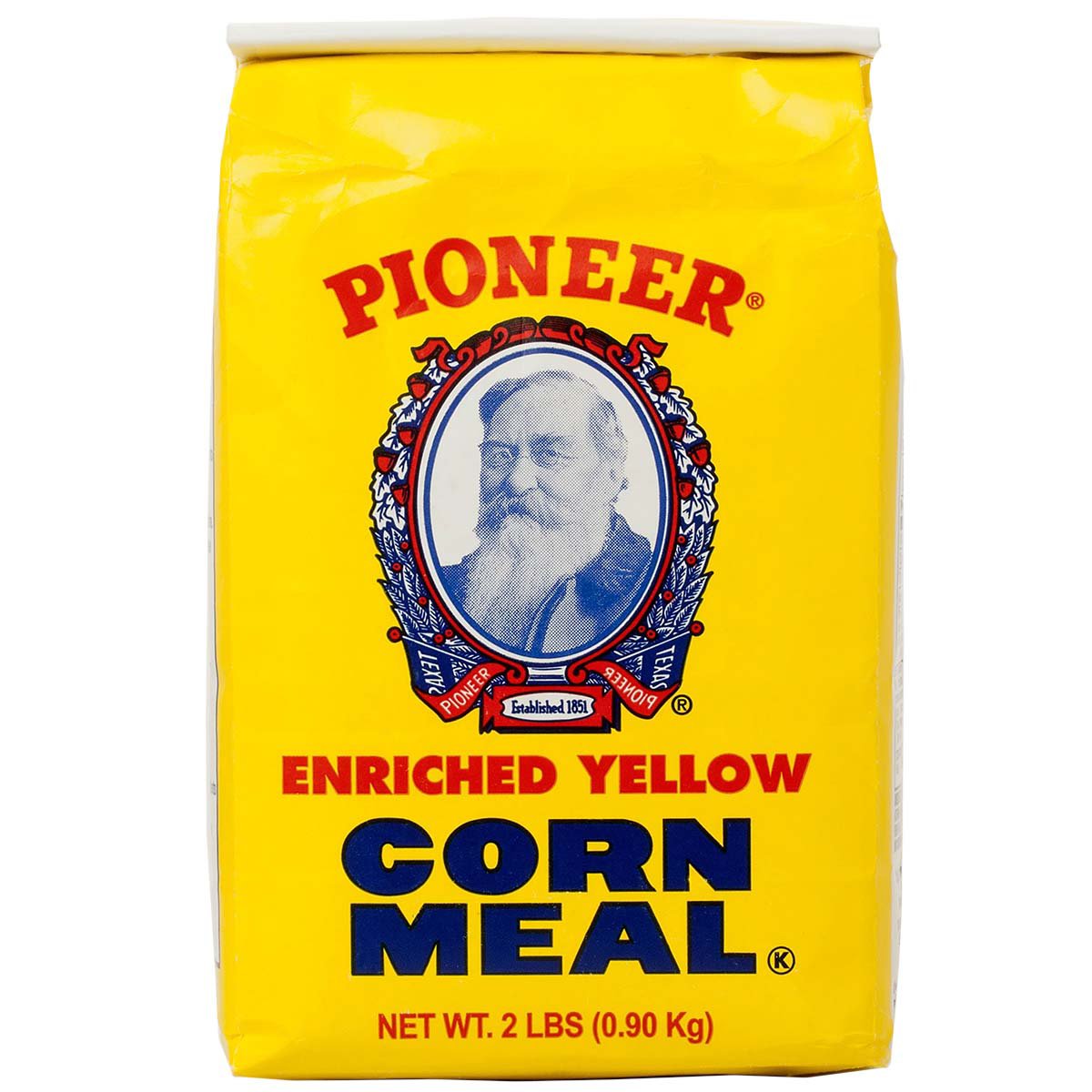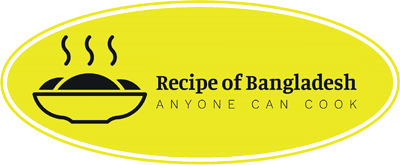Have you ever wondered if the corn flour in your pantry is enriched or not? You might be surprised to learn how this detail can impact not only the taste of your favorite dishes but also their nutritional value.
Understanding whether your corn flour is enriched could transform your cooking experience and even contribute to a healthier diet. Imagine feeling confident that you’re making the best choice for you and your family each time you prepare a meal. We’ll unravel the mystery behind enriched corn flour and how it can make a difference in your kitchen.
Stay with us, and you’ll discover the key to enhancing both the flavor and health benefits of your meals.

Credit: shop.goya.com
Corn Flour Composition
Corn flour is not typically enriched. It mainly contains carbohydrates, with minor amounts of protein and fat. Some brands might fortify with vitamins, but it’s not common.
Corn flour is a staple in many kitchens, celebrated for its versatility and unique texture. But do you know what goes into this popular ingredient? Understanding the composition of corn flour can help you make informed choices for your cooking and baking needs. Whether you’re crafting the perfect tortilla or thickening a sauce, knowing the nutritional makeup can be quite enlightening.
Ingredients In Corn Flour
Corn flour is primarily made from finely ground corn kernels. It contains both the endosperm and the germ of the corn, which are rich in carbohydrates and fats. This combination gives corn flour its distinctive texture and flavor. Sometimes, you might find corn flour enriched with vitamins and minerals. This means additional nutrients, like iron or niacin, are added to improve its nutritional value. Always check the label if you’re looking for enriched options.
Macronutrients
Corn flour is high in carbohydrates, making it an excellent energy source. It contains a small amount of protein and very little fat. This composition makes it ideal for recipes that need a light and fluffy texture, like pancakes or muffins. If you’re watching your carb intake, consider using corn flour sparingly. Its high carb content can quickly add up, especially in recipes that require large amounts.
Micronutrients
While corn flour isn’t a powerhouse of vitamins and minerals, it does contain some essential nutrients. You’ll find trace amounts of magnesium, phosphorus, and selenium. These minerals play various roles in supporting body functions, like bone health and immune response. Enriched corn flour can offer additional benefits. Look for varieties that include added vitamins like B6 or folate, which can support energy metabolism and red blood cell formation.
Gluten Content
Corn flour is naturally gluten-free, making it a great option for those with celiac disease or gluten sensitivity. You can use it to replace wheat flour in recipes, though you may need to adjust the proportions to achieve the desired consistency. However, ensure the corn flour you buy is certified gluten-free. Cross-contamination during processing can sometimes be an issue.
Practical Uses
Corn flour’s unique composition makes it versatile in the kitchen. Use it to thicken soups and sauces for a creamy texture without altering the flavor. It’s also perfect for baking, offering a tender crumb in cakes and muffins. Have you ever tried making homemade corn tortillas? Corn flour can be your best friend, providing the perfect base for this traditional dish. Experiment with different recipes and discover new ways to enjoy this pantry staple. Understanding corn flour’s composition can elevate your culinary creations. How will you use this knowledge in your next cooking adventure?
Nutritional Benefits
Corn flour is a staple in many kitchens. It is not just versatile, but also offers nutritional benefits. Many people wonder if corn flour is enriched with nutrients. Let’s explore its nutritional profile.
Essential Vitamins
Corn flour contains important vitamins like B vitamins. These vitamins support energy production and brain health. Vitamin B6 and niacin are particularly notable. They aid in metabolism and skin health. Enriched corn flour often has added vitamins. This boosts its nutritional value.
Mineral Content
Minerals in corn flour include iron and magnesium. Iron helps in oxygen transport in the blood. Magnesium supports muscle and nerve function. Enriched corn flour may also have extra minerals. This can help meet daily nutrient needs. Regular consumption can contribute to a balanced diet.
Enrichment Process
Corn flour often undergoes enrichment to add essential nutrients lost during processing. This process enhances its nutritional value by including vitamins and minerals like iron and B vitamins. Enriched corn flour can offer better health benefits compared to its non-enriched counterpart.
Enrichment Process The enrichment process is a fascinating journey that transforms corn flour into a powerhouse of nutrients. It’s a step designed to ensure that you get more than just energy from your favorite baked goods. Ever wondered why some foods seem to have more nutritional punch than others? The secret often lies in the enrichment process. By adding essential vitamins and minerals back into corn flour, it helps bridge the gap between taste and nutrition. Let’s dive into what makes this process so essential for your diet.
What Is Enrichment?
Enrichment is the process of adding nutrients to food that may be lost during production. Think of it as a way to give corn flour a second chance to shine. During milling, corn can lose some of its natural nutrients. Enrichment helps to restore these, ensuring that you don’t miss out on important vitamins. This process boosts the nutritional value of corn flour, making it a better choice for your health.
Commonly Added Nutrients
Have you ever checked the nutritional label on your corn flour package? You might have noticed some added nutrients listed there. Commonly added nutrients include: – Iron: Essential for carrying oxygen in your blood. – B Vitamins (Thiamine, Riboflavin, Niacin): Vital for energy metabolism and maintaining healthy cells. – Folic Acid: Important for cell division and preventing certain birth defects. These additions make enriched corn flour a smart choice for those looking to improve their diet.
Imagine making your favorite cornbread, knowing it not only tastes good but also supports your health. Next time you’re shopping, why not check if your corn flour is enriched? It could be a simple switch that adds value to your meals. Wouldn’t you want to make every bite count for your health? Remember, it’s these small choices that can lead to a healthier lifestyle.

Credit: www.heb.com
Comparing Enriched Vs. Unenriched
Corn flour can be enriched with nutrients like iron and vitamins. Enriched corn flour offers added health benefits. Unenriched corn flour lacks these additional nutrients, providing fewer nutritional advantages.
Corn flour is a staple in many kitchens. It’s versatile and useful in numerous recipes. But is corn flour enriched? This question leads us to compare enriched and unenriched corn flour. Understanding the differences can help in making healthier choices. Enriched corn flour has added nutrients, while unenriched corn flour remains in its natural state. The choice between them affects both nutrition and health.
Nutritional Differences
Enriched corn flour contains added vitamins and minerals. Common additions are iron and B vitamins. These nutrients help fill dietary gaps. Unenriched corn flour does not have these added benefits. It retains its original nutrient profile. Natural corn flour has some fiber and protein. But it lacks the extra nutrients found in enriched flour.
Health Impacts
Enriched corn flour can benefit overall health. The added nutrients support various body functions. Iron helps produce healthy red blood cells. B vitamins boost energy and brain health. Choosing enriched flour can prevent nutrient deficiencies. Unenriched corn flour may not offer these health benefits. It provides fewer vitamins and minerals. Those with specific dietary needs might prefer enriched options.
Corn Flour In Diet
Have you ever wondered if corn flour is enriched and what it brings to your diet? Corn flour is a staple in many kitchens worldwide, offering versatility and simplicity. It’s not only gluten-free but also packed with nutrients. As you incorporate this ingredient into your meals, it’s essential to understand its culinary uses and how it can enhance your everyday dishes.
Culinary Uses
Corn flour is more than just a thickening agent. You can use it to make delicious baked goods, like muffins and pancakes. Its fine texture adds a unique flavor and lightness to your favorite recipes. Have you tried using corn flour in a savory dish? It can be a great addition to soups and stews, adding body and richness without overpowering other flavors.
Imagine experimenting in your kitchen, mixing corn flour into a traditional recipe. You might find it transforms the dish into something new and exciting. Don’t hesitate to try it in your next culinary creation.
Incorporating Into Meals
Adding corn flour to your meals is easy and rewarding. Start with breakfast: mix it into your pancake batter for a delightful change. How about lunch? Use it to coat chicken or fish for a crisp, golden crust. Dinner options are endless; think creamy corn flour polenta or even corn flour bread.
What about desserts? Corn flour can be your secret weapon to make cookies or cakes with a tender crumb. Why not surprise your family with a new twist on a classic recipe? They might just love it!
As you explore corn flour’s place in your diet, consider how it can cater to dietary needs. It’s gluten-free and can be a great alternative for those with gluten sensitivities. Are you ready to try something new and make corn flour a staple in your kitchen?

Credit: shop.honeyville.com
Potential Health Concerns
Corn flour might not always be enriched, which could lead to potential health concerns like nutrient deficiencies. Enriched corn flour often includes added vitamins and minerals to support a balanced diet. Check labels to ensure you are consuming enriched corn flour for better nutritional benefits.
Potential Health Concerns When you think about corn flour, you might picture delicious baked goods or thickened soups. But have you ever wondered about the potential health concerns that come with it? While corn flour is a staple in many kitchens, it’s essential to be aware of its possible drawbacks.
Allergies
Corn allergies, though not as common as gluten or nut allergies, can still affect some individuals. If you’re allergic to corn, even tiny amounts of corn flour can trigger a reaction. Symptoms might include skin rashes, stomach pain, or more severe allergic responses. Reading labels is crucial if you suspect a corn allergy. Many processed foods use corn flour as an ingredient. Always double-check to ensure that corn flour isn’t sneaking into your meals.
Overconsumption Risks
Eating too much of anything is never a good idea, and corn flour is no exception. Consuming large amounts of corn flour can lead to a diet high in calories and low in essential nutrients. This can contribute to weight gain and other health issues. Balance is key. Consider diversifying your diet with other whole grains like quinoa or brown rice. They offer a broader range of nutrients and can help maintain a healthy dietary balance. Have you ever paid attention to how much corn flour you consume? It might be time to take stock and see if there’s room for improvement in your diet. Making small changes could lead to significant health benefits over time.
So, what are your thoughts? Are you surprised by the potential health concerns related to corn flour? Share your experiences and insights below.
Choosing The Right Corn Flour
Corn flour can be enriched, adding nutrients like iron and vitamins. Check labels to ensure you select the enriched type. Always consider your nutritional needs and dietary preferences when choosing corn flour.
Choosing the right corn flour can transform your cooking experience. Whether you’re making tortillas, thickening soups, or baking a cake, the type of corn flour you use matters. But with so many options on the shelf, how do you know which one is best for you? Let’s dive into some practical tips to help you make an informed choice.
Label Reading Tips
Start by checking the packaging. Does it say “enriched” or “fortified”? This means essential nutrients have been added, which can be beneficial for your diet. Look for the ingredient list. You want it to be short, ideally just corn. A long list may indicate additives or preservatives you might not need. Pay attention to the expiration date. Freshness affects taste and texture, so you want the freshest option available. And don’t forget to check for allergen information if you have dietary restrictions.
Organic Vs. Non-organic
Are you considering organic corn flour? Organic options are grown without synthetic pesticides or fertilizers, which might be important if you’re concerned about chemicals in your food. They can also be a bit pricier, but many find the potential health benefits worth the cost. Non-organic corn flour is more widely available and usually less expensive.
However, it may contain genetically modified organisms (GMOs). If avoiding GMOs is important to you, look for labels that specify non-GMO. Reflect on what matters most to you in your food choices. Is it the price, the organic label, or the added nutrients? Making the right decision for your corn flour needs can elevate your meals from good to unforgettable.
Frequently Asked Questions
Is Corn Flour Highly Processed?
Corn flour is moderately processed. It involves grinding corn kernels into a fine powder. Some variants undergo further processing, like bleaching or enriching. Opt for whole-grain corn flour for a less processed option.
Is Corn Flour Healthy Or Not?
Corn flour can be part of a healthy diet when consumed in moderation. It’s gluten-free and rich in carbohydrates. It offers some essential nutrients but is lower in protein and fiber compared to whole grains. Balance corn flour with other nutritious foods for optimal health benefits.
Is Corn Masa Flour Enriched?
Corn masa flour is often enriched with nutrients like iron and B vitamins. This enhances its nutritional value. Always check the packaging for specific enrichment details. Enriched corn masa flour can support a balanced diet.
Is Cornmeal Enriched?
Cornmeal is typically not enriched. Most cornmeal products lack added vitamins or minerals. Always check labels for specific nutritional information.
Final Words
Corn flour is often enriched to boost its nutritional value. It provides extra vitamins and minerals. This makes it a healthier choice for many recipes. While buying, check labels for enrichment details. This ensures you get the benefits you need.
Enriched corn flour can support a balanced diet. It’s a versatile ingredient in both sweet and savory dishes. Consider adding it to your pantry. Make sure to enjoy it in various meals. A simple way to enhance your daily nutrition.
Stay informed about what you consume. Healthy choices lead to a better lifestyle.

Leave a Reply